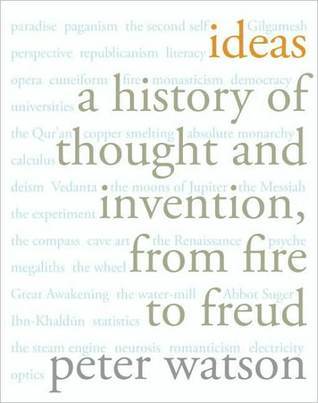The real aim of romanticism, the underlying aim, had been set forth by Keats, who wrote poetry, he said, to ease ‘the burden of the mystery’. Romanticism was always, in part, a reaction to the decline in religious conviction, so evident in the eighteenth century, and then throughout the nineteenth. Whereas the scientists tried–or hoped–to explain the mystery, the romantics relished it, made the most of it, used it in ways that many scientists could not, or would not, understand. This is why poetry and music were the chief romantic responses–they were better at easing the burden.
Welcome back. Just a moment while we sign you in to your Goodreads account.


